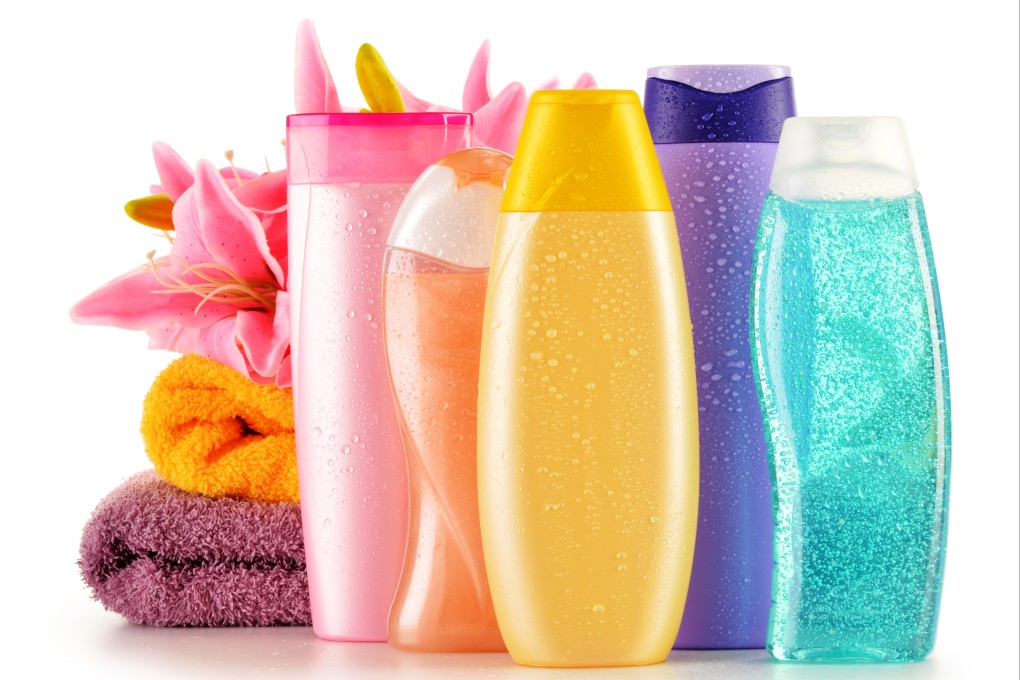How to recognise greenwashing when buying cosmetics – don’t take ‘natural’ on label at face value
- Don’t be fooled by the plants, leaves, flowers or fruit on a label, or words such as ‘natural’ and ‘environmentally friendly’, a consumer advice expert says
- Water counts as a ‘natural’ ingredient and a product might be 80 per cent water, so check the ingredients list. Items sold without packaging are a better bet

Wholesome, nature-infused images used on shampoo, shower gel and cream labels might make you think you’re doing a meaningful thing for the environment, but don’t be taken in by appearances.
Inviting images don’t necessarily mean a genuine commitment to good ecology, and may simply play on associations to steer a product into your shopping basket.
“It’s very popular to advertise on cosmetics packaging with images of plants and leaves, flowers and fruit,” says Kerstin Effers, environmental and health protection officer at the consumer advice centre in the German city of Düsseldorf.
According to Effers, you should take a closer look if a product’s packaging states that it contains a certain proportion of natural ingredients that seems too good to be true, like 98 per cent. This is because the water content of the product can also be included in this information under EU regulations.
It often happens that cosmetics are advertised as containing plant-based ingredients, which are often only present in very small amounts
“If you buy a shampoo or shower gel, for example, it can easily consist of 80 per cent water, then you really quickly reach the stated 98 per cent,” says the consumer advocate. “However, if you calculate this without the water, not just 2 per cent but 10 per cent would not be of natural origin.”